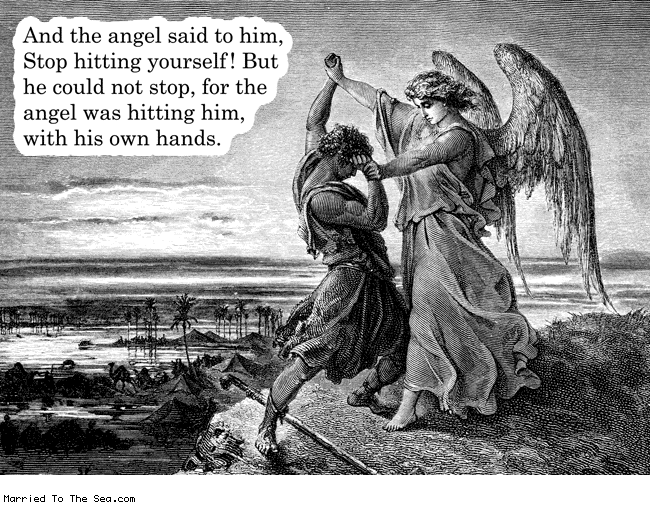This is part 2 of an ongoing discussion of a paper by Jost, Banaji and Nosek discussing System Justification Theory. Read Part 1.
We left off the previous post looking at system justification theory, and the intersection of three competing motivations for behaviour: ego (“I like me”), group (“I like us”) and system justification (“I like things the way they are”). People will try to find ways to balance all three of these motives, which often has the result of serving those who are already overprivileged (Tim Wise sagely notes that while the dictionary recognizes ‘underprivileged’ as a word, it is flummoxed into red-squiggleness by ‘overprivileged’). This of course runs contrary to previous models of human behaviour, in which people exhibit preferences for their own group and antipathy to outsiders. With the addition of system justification, we can see that there may in fact be times when low-status people may demonstrate higher levels of out-group favourability.
The paper itself is a narrative walk through 20 specific hypotheses of System Justification theory that have been grouped into subtopics, so I think I will do much the same in these posts.
Hypothesis 1: People will rationalize the (anticipated) status quo by judging likely events to be more desirable than unlikely events (a) even in the absence of personal responsibility, (b) whether those events are initially defined as attractive or unattractive, and (c) especially when motivational involvement is high rather than low.
Translation: the more likely you think something is, the more desirable you think it is. [Read more…]



